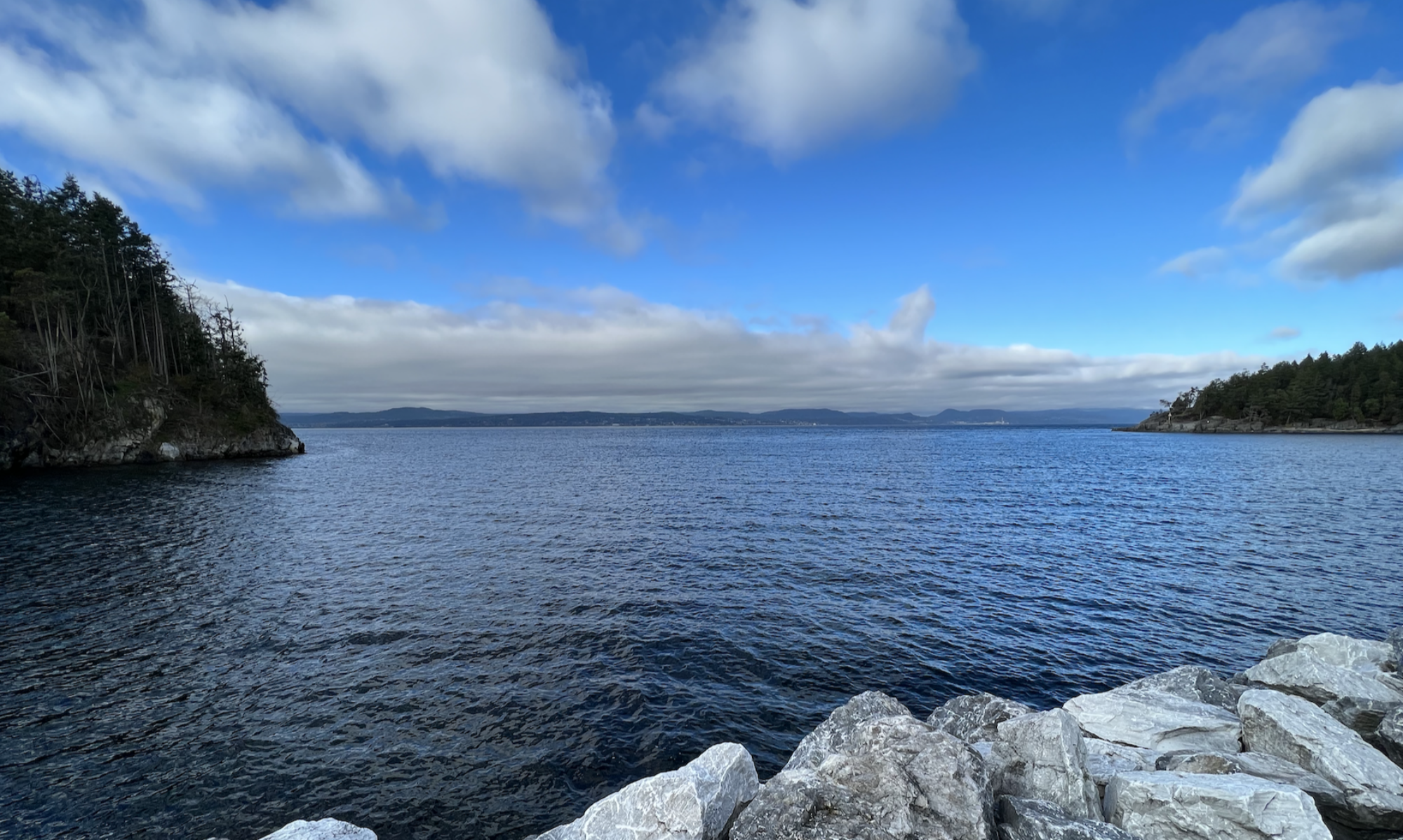I’m returning now from two inspiring days with 80 leaders from rural Ontario. It was a leadership summit, courageously called by my friend Alicia Evans and others at the Rural Ontario Institute, themed to encourage bold leadership, and recharging the possibilities in rural communities through mobilizing participation. I say it is courageous in that I always appreciate it when people responsible for planning larger conferences invite a shift to more participative formats. When they invite people from their boards and staff to experiment beyond entrenched patterns. Along with my friends Jean Ogilvie and Erika Bailey, we co-designed and co-hosted a format inspired by the Art of Hosting tradition.
My friend Chris Corrigan often reminds me of key principles that get to the heart of harvesting.
Basic principles around harvesting from participatory processes include:
- Participatory processes should also have participatory harvests – what is co-created is co-owned.
- Meaning making should be shared.
- Harvests need both artifacts and feedback loops. Artifacts make learning visible and portable. Feedback loops making learning useful beyond events. Both need strategic conversations so that needs can be met. These conversations include what media the artifacts need to be in, and how to use our harvests with existing power structures and methods of enacting change in order to maximize impacts.
- Harvesting can be both intentional and emergent. Intentional harvests are the fruits we set out to gather – sometimes as reports that we know we will be writing. Emergent harvests are the surprises we learn along the way. As these often require different eyes (focused vision for intentional harvests, “soft eyes” to see what is emerging) I often have people take on these distinct roles.
From the leadership summit there will be several intentional harvests. We had some wonderful videographers capturing much footage throughout the summit. Alicia was busy with her camera for still photographs catching important images of flip charts and harvest sheets.
When Jean and I were offering a teaching about harvesting, I encouraged attention to the principle of “offering,” what I find supports more of the emergent harvest that Chris references. The practice that I find often ignites a harvesting flame in others is to simply offer what they felt was helpful and interesting; this frees them from the common experience of paralysis and drudgery of needing to report on everything, a belief that can stall out even the best of efforts.
What follows are three of my offerings into the harvest of the whole. As they become available, I’ll add links to the harvests that I see from others. These also reflect some of my learnings of patterns that I see as a process host across many events like this.
Conference Video (8 minutes)
Circle of Gratitudes — A couple of our participants, Derek and Craig, hosted the closing circle that included invitations to speak gratitudes. I caught most of those through mad scribbling and pasted them into a Wordle image here. Its always good to catch these closing comments. Beautiful and succinct expressions of appreciation while they are fresh to be witnessed by the whole group in this case.
Learn In An Hour: Practice Over a Life Time — This is a reference point that a participant shared with me at a conference a couple of years ago. It was astutely named. The process methodologies and such are worth learning well. Many people understand inherently that the methods themselves are not that complex. However, stepping in to their own skin, or some of the anchoring stories, premises, and beliefs of the participative leadership paradigm is something that most of us are doing and improving over a life time. It involves some undoing. Some unlearning. Some experimenting. I yearn for this shared understanding in conferences like this. It’s fantastic when some come to more fully understand this relationship between the simple and the complex.
Welcome Improvements — I’ve seen many people that are learning participative formats despair at the perceived need to start over at the beginning with everything and everyone. It comes from the desire to be inclusive, I believe. Yet, the hyper attention to this is a bit misguided. In participative formats, I find often that I can start with an idea. A concept. An imagination. Though there are times when I might completely redesign what I’m doing based on a shared experience, more often, I’m simply welcoming improvements. I ask people how they might make an idea better, and then let the environment of interaction inform how those improvements will take place. I love the way that working with improvements frees people to build on the momentum of a given project or initiative. I love how this practice of welcoming and offering improvements (not elaborative debates of the miniscule) supports a vibrancy of interaction and co-learning.
As I shared in a video interview at the end of this summit, it is quite something to be involved in a process that enables human beings to come together with such care for each other and for their projects. It is quite a thing to work with others on the beginnings of such work, and in the evolution of these shifts.
The Irish poet John O’Donahue’s words on love inspire me as I reflect on these processes. When I am at my best as a facilitator, I hold the work with this energy. “When love comes into your life, unrecognized dimensions of your destiny awaken and bloom and grow.”
So it is, I believe, with people in conference formats that engage in more authentic ways. People, and people in their projects, awaken to new possibility and to the deep memories of what they care about. They come to awaken to how they want to offer themselves in relation to one another. For some it is a single idea that invites enlivened experiments and leadership. For some, it is awakened and enflamed courage to lead with love and boldness across many projects — a different way of doing. For some, it changes the core of who they are. Marks a moment of memory and conviction that wakes the sleepy best inside of them into vibrant daily living.
Quite a thing, yes.
With gratitude to the organizers, participants, and co-hosting team.
 ministries in response to the needs and realities of human beings and churches today. Inspiring.
ministries in response to the needs and realities of human beings and churches today. Inspiring.
